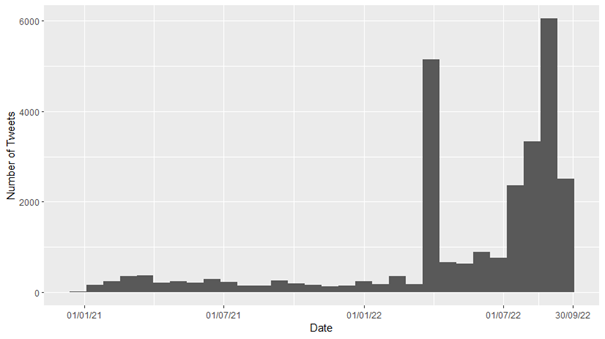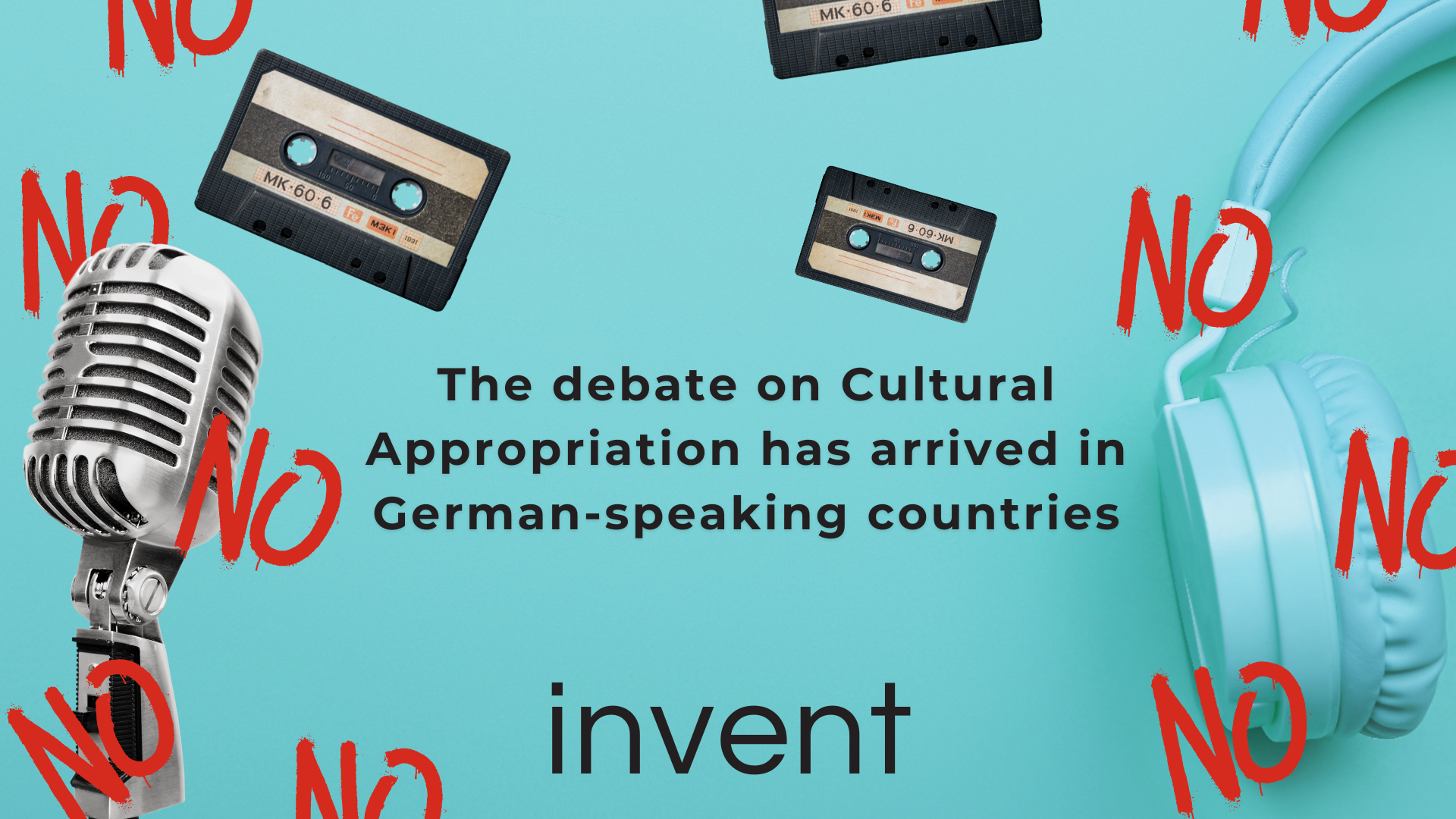This year in April the German musician Ronja Maltzahn was supposed to play a concert at a Fridays-for-Future protest in Hannover (DE). A few days before the event, however, she was uninvited by the organizers due to her hairstyle: She, a white person, was wearing dreadlocks [1]. A few months later, a similar event took place in Switzerland. Here, a concert of the reggae band “Lauwarm” was first interrupted and then cancelled because visitors felt uncomfortable about two of the white band members wearing dreadlocks [2].
In both cases, the problem was explained by referring to the concept of cultural appropriation. But what does this mean? Following the most common understanding of the term, the Encyclopaedia Britannica defines cultural appropriation as the practice of adopting “cultural elements of a minority group in an exploitative, disrespectful, or stereotypical way”. [3] Thus, it was argued that these white musicians appropriated a hairstyle that is traditionally associated with Rastafari culture, which originates from a religious group of (black) Jamaicans. And since black people wearing dreadlocks are often discriminated against, while white people are not, this can be considered disrespectful.
Both these events were widely reported in the media and have thus started an intense public debate on cultural appropriation in all German-speaking countries. Figure 1 illustrates this by displaying the sudden rise in tweets containing the German term for cultural appropriation (“kulturelle Aneignung”). Thus, it clearly shows that cultural appropriation was not discussed much in German-speaking countries until April 2022. Then, suddenly, the number of tweets increased more than tenfold due to the cancellation of Ronja Maltzahn’s concert. After this first peak, however, the number of tweets quickly decreased again. It was only in July when cultural appropriation gained prominence again due to the cancelled “Lauwarm” concert and the number of related tweets increased again. In contrast to the first peak, however, the topic did not lose its momentum so quickly this time. Rather, it has built up over several months and has not decreased to previous levels until the end of September.
Figure 1: Tweets containing the term “kulturelle Aneignung” (“cultural appropriation”) over time

A brief analysis of these tweets show that the debate on cultural appropriation revolves around three main issues: 1) What is cultural appropriation? 2) Is cultural appropriation morally wrong? And 3) Does a specific issue count as a case of cultural appropriation? Further, it can observed that the debate has spilled over into other issues. A prominent example is the status of the famous “Winnetou” stories written by Karl May: A publisher even decided to withdraw two books based on these stories due to issues with cultural appropriation. After it has already been discussed in other countries for a while, the debate on cultural appropriation thus has finally arrived fully in German-speaking countries. And currently it looks like it is here to stay.
The INVENT project contributes to the understanding of such phenomena by analyzing how people talk about cultural issues online. So far, we have mostly analyzed what topics people talk about when they talk about culture online. Thus, we have identified various similarities and differences in topics between European countries. A special focus was also placed on online petitions related to cultural issues. In a next step, we plan to analyze in more detail how people talk about single cultural issues, such as cultural appropriation.
What do you think about cultural appropriation? Let us know in the comments!
[1] https://www.wn.de/muenster/fridays-for-future-dreadlocks-absage-hannover-munster-2547592
[3] https://www.britannica.com/story/what-is-cultural-appropriation



 This project has received funding from the European Union’s Horizon 2020 research and innovation programme under grant agreement No
This project has received funding from the European Union’s Horizon 2020 research and innovation programme under grant agreement No
Leave A Comment